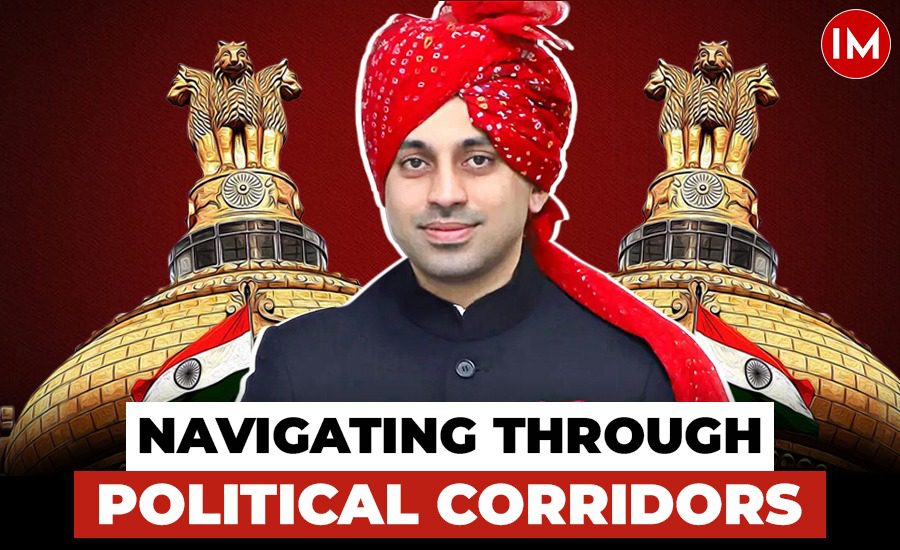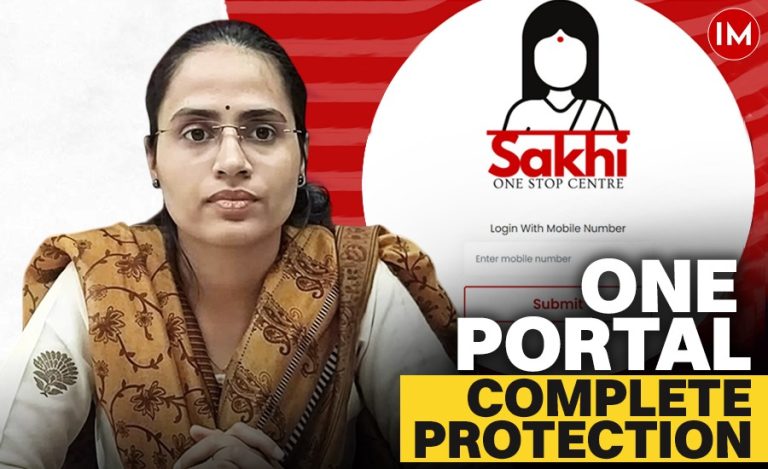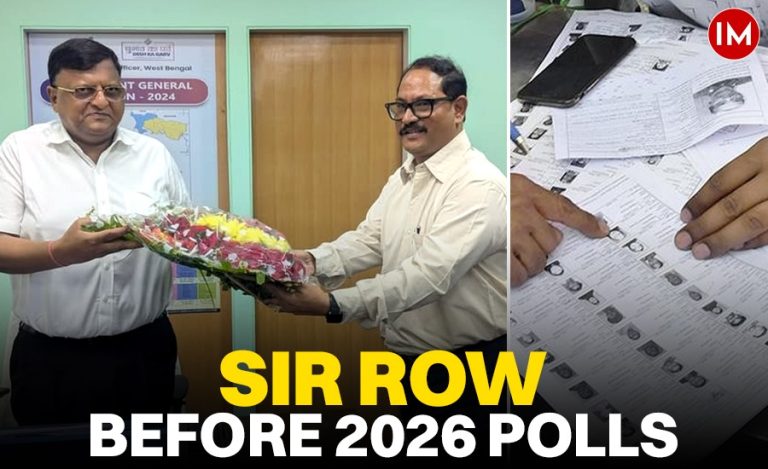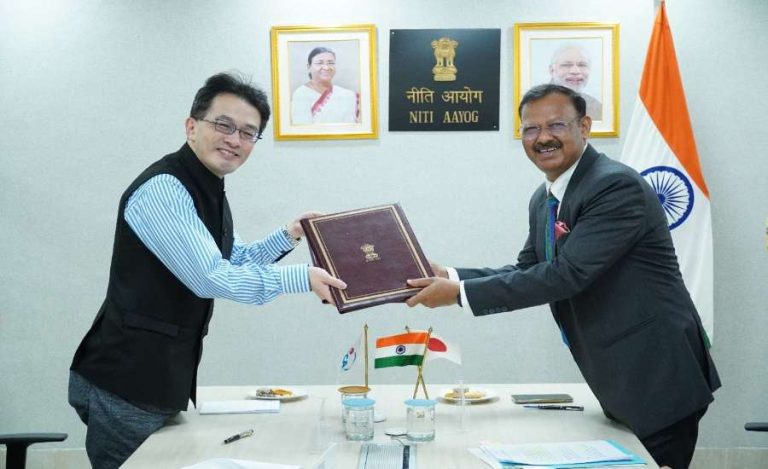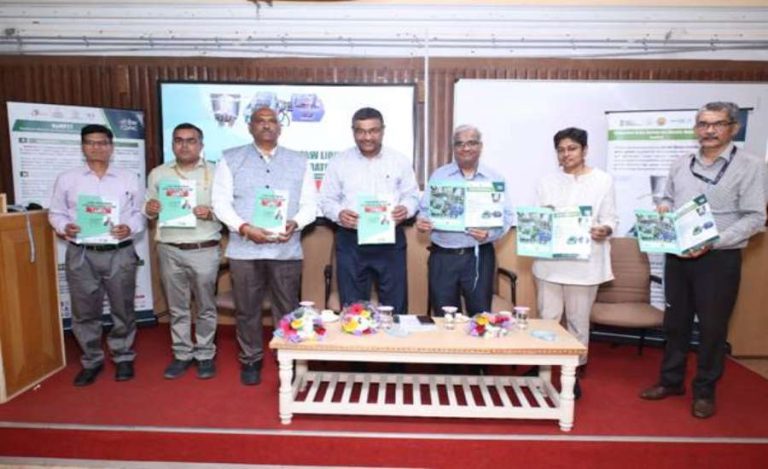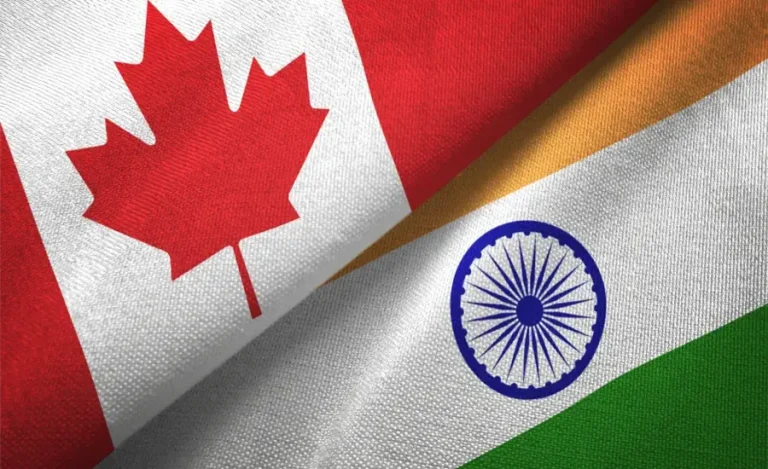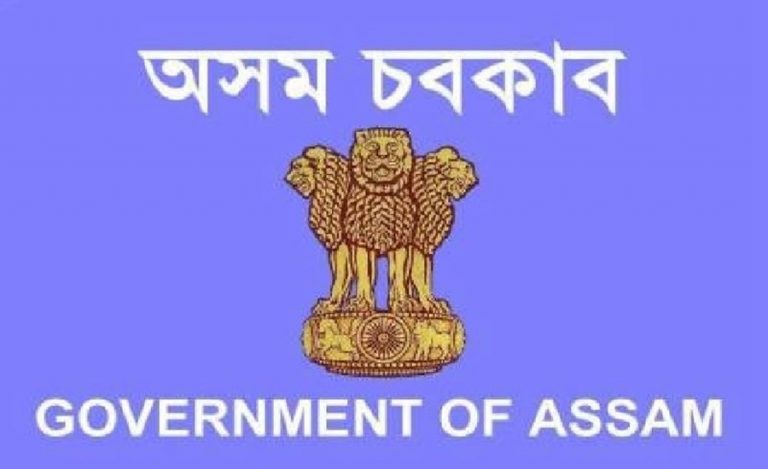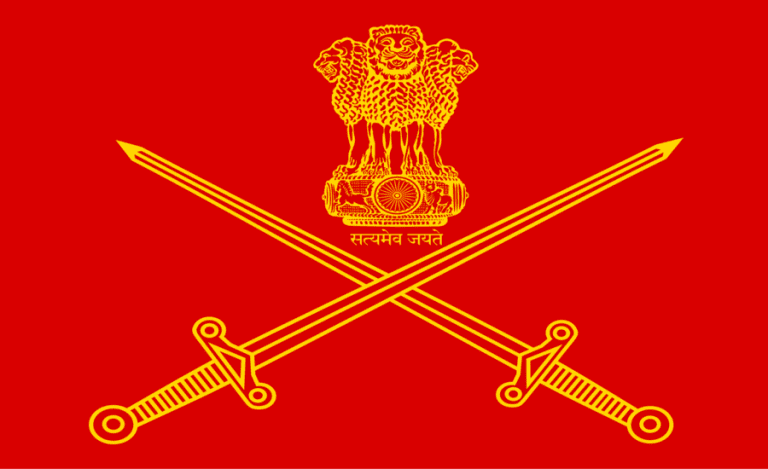For civil servants in India, getting transferred to new positions is a regular part of the job. Many officers don’t even complete their terms in one place, sometimes getting moved several times a year. This often happens during government changes, both at the state and national level.
However, some exceptional officers manage to stay in their positions even during these transfer storms. One such example is Mr. Arvind Kumar Poswal, who is currently the district Collector of Udaipur, Rajasthan. He’s not only earned the respect of the public with his effective work but also of the government officials he works with. In an exclusive conversation with Indian Masterminds, Mr. Poswal shares his approach to navigating the world of politics while fulfilling his duties as a public servant.
WHAT IS MR. POSWAL’S SECRET?
There’s a common misconception that civil servants, especially IAS officers, face constant political pressure. However, Mr. Poswal sheds light on a different reality. He claims that for roughly 90% of the time and workload, there’s minimal political pressure or influence. In his view, politicians like MLAs, MPs, and even panchayat leaders are all public representatives. He explains, “They are representing people and usually come to us as the messenger. Ultimately, it is the common people who will be the beneficiary and we must solve those problems.”
This perspective reframes the narrative – politicians aren’t seen as sources of pressure, but rather, as conduits for the voices of the public that civil servants are ultimately there to serve.
Mr. Poswal highlights the importance of being seen as someone who gets things done. He believes that by building a reputation as an effective problem-solver, civil servants can avoid getting caught up in the political wrangling of their area.
He acknowledges that bureaucrats are part of a democratic system and need to function within it. However, he makes a clear distinction between understanding how politics works and actively participating in it. “They should know how the political system works,” he says, “A bureaucrat should know politics, but shouldn’t do politics.”
INVITING POLITICAL TENSIONS
Mr. Poswal highlights another key point: civil servants who don’t understand the importance or urgency of public issues can create unnecessary political tension. He uses the example of a broken transformer or water supply problem. These are basic needs, and if a public servant doesn’t address them promptly, people will naturally reach out to their elected representatives, like MLAs or MPs. This simple oversight can easily lead to political tension.
In short, Mr. Poswal emphasizes that civil servants are there to solve people’s problems. Failing to do so creates tension and involves politicians who might otherwise be helpful in other matters. Mr. Poswal recognizes that not all public problems have immediate solutions. However, he stresses that a civil servant must explain why something can’t be done. Transparency in these situations builds trust with the public.
BIGGEST CHALLENGE
Before joining the civil service, Mr. Poswal thought he might be able to help a few people here and there. But after starting his work, he realized the impact his decisions could have. He says, “I came in hoping to bring a smile to a few faces, but now I see how some of our decisions can impact a lot of lives. It’s much bigger than I ever imagined.”
Mr. Poswal also acknowledges the challenges that come with working in a bureaucracy. He mentions the pressure to deliver results within strict timeframes. “Public expectations are high,” he says, “We strive to do our best, but meeting everyone’s expectations can be incredibly difficult. That’s probably the biggest challenge.”
Despite these challenges, Mr. Poswal finds his work immensely rewarding. He believes being a civil servant offers a unique opportunity to make a real difference in society at a young age. “In most jobs, it takes years to gain the experience necessary to make impactful decisions. Here, you get that chance early on in your career.”

